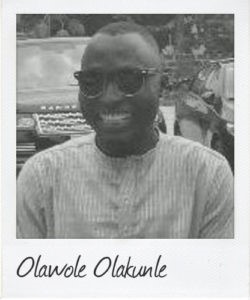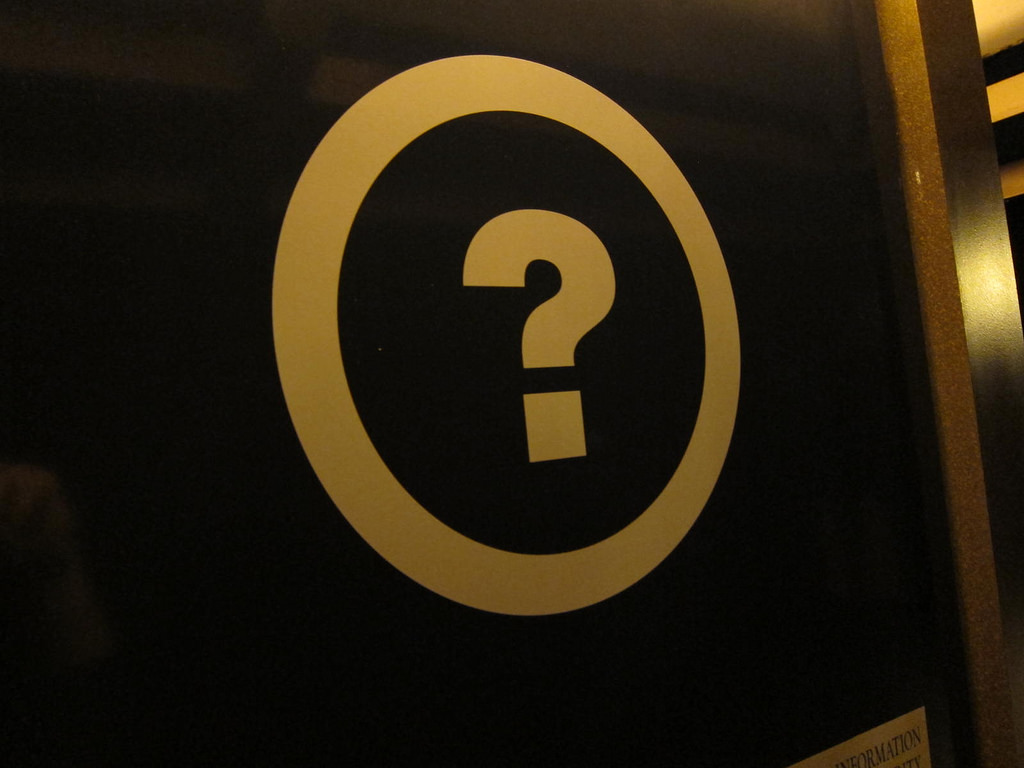“Education begins when you can ask why!”
April 14th, 2018 The freedom to ask questions is a crucial part of education, writes Olawole Olakunle, 24, a Correspondent from Lagos in Nigeria, who argues critical thinking is essential to solving society’s problems.
The freedom to ask questions is a crucial part of education, writes Olawole Olakunle, 24, a Correspondent from Lagos in Nigeria, who argues critical thinking is essential to solving society’s problems.
I went to a bed-bug riddled school whose unofficial mandate was to make docile the crop of young people who are supposed to be movers and shakers of the community. But alas, myself and an infinitesimally few others understood the shortcomings of the education system, hence we educated ourselves beyond the four walls of the college.
Since then, my political involvement as a national director of student affairs tilted my inclination towards researching into the education sector, where I found that there is much work to be done. I also leaned that the pragmatics of real change begins with restructuring our model of education.
My friend John Ashiekaa rekindled the fire when he advised me to take over my mother’s private school as the new administrator, considering that my youthfulness comes along with ideas and pragmatism that the school needed for her survival.
The last three months has seen me code switching responsibilities as family head, school manager, business man, political appointee, and a couple of other things as well.
In my time as the school manager I was able to see from the field, the impact the current education setup has on the challenges facing our immediate society.
You would agree with me that every organised society today, in any part of the world, adopts an education model that is in resonance with the solutions designed to solve future challenges. Those challenge have been foreseen to affect the society from the concrete study of her past in relationship with current happenings.
I believe that every society should design her own model of education, relevant to the people, extracted from the cultural system and lingua franca, with reverence to historical consciousness. It must be suitable to meet both her immediate need, and to provide enough resources for the coming generation.
Unfortunately, it would see our current education system is enough to keep us literate but uneducated enough to find solution to the smallest of our problems. The education we have received has made us docile enough not to ask any questions, but rather to follow instructions.
Why is our education model not addressing our political, economical, and developmental challenges as a nation? Why have we not been able to ingeniously solve any of our problems? Why do we need to bring in foreigners to help with the smallest of technical work with the vast numbers of tertiary institutions around?
This questions are not far fetched. One fears that our education system is designed to make us uneducated, but sophisticated literates.
Until young Nigerians begin to ask “why” with the strong intent to know why, we might keep ruminating within the whims of our challenges till the next century. But if we begin to ask unusual questions, we may get different answers that would lead us in the path of long-lasting solutions to our problems.
But until we understand that education begins when you ask why, nothing will change. I hope you would start asking why!
Reach me on Twitter @mko_olawole
Photo credit: ryanmilani Question Mark via photopin (license)
……………………………………………………………………………………………………………………………………………………………………………………………
About me: I am a writer and advocate for youth participation in politics. My passion for qualitative governance led me to join the Student Union Government, where I served as secretary of committee on ethics and privilege. I am also a volunteer and a member of the Young Active Network of VSO, Voluntary service overseas.
I am currently the National Director of Student and Campus Micro-group for KOWA Party Nigeria, a political party with a youth in politics mandate.
……………………………………………………………………………………………………………………………………………………………………………………………
Opinions expressed in this article are those of the author and do not necessarily represent the views of the Commonwealth Youth Programme. Articles are published in a spirit of dialogue, respect and understanding. If you disagree, why not submit a response?
To learn more about becoming a Commonwealth Correspondent please visit: http://www.yourcommonwealth.org/submit-articles/
……………………………………………………………………………………………………………………………………………………………………………………………




